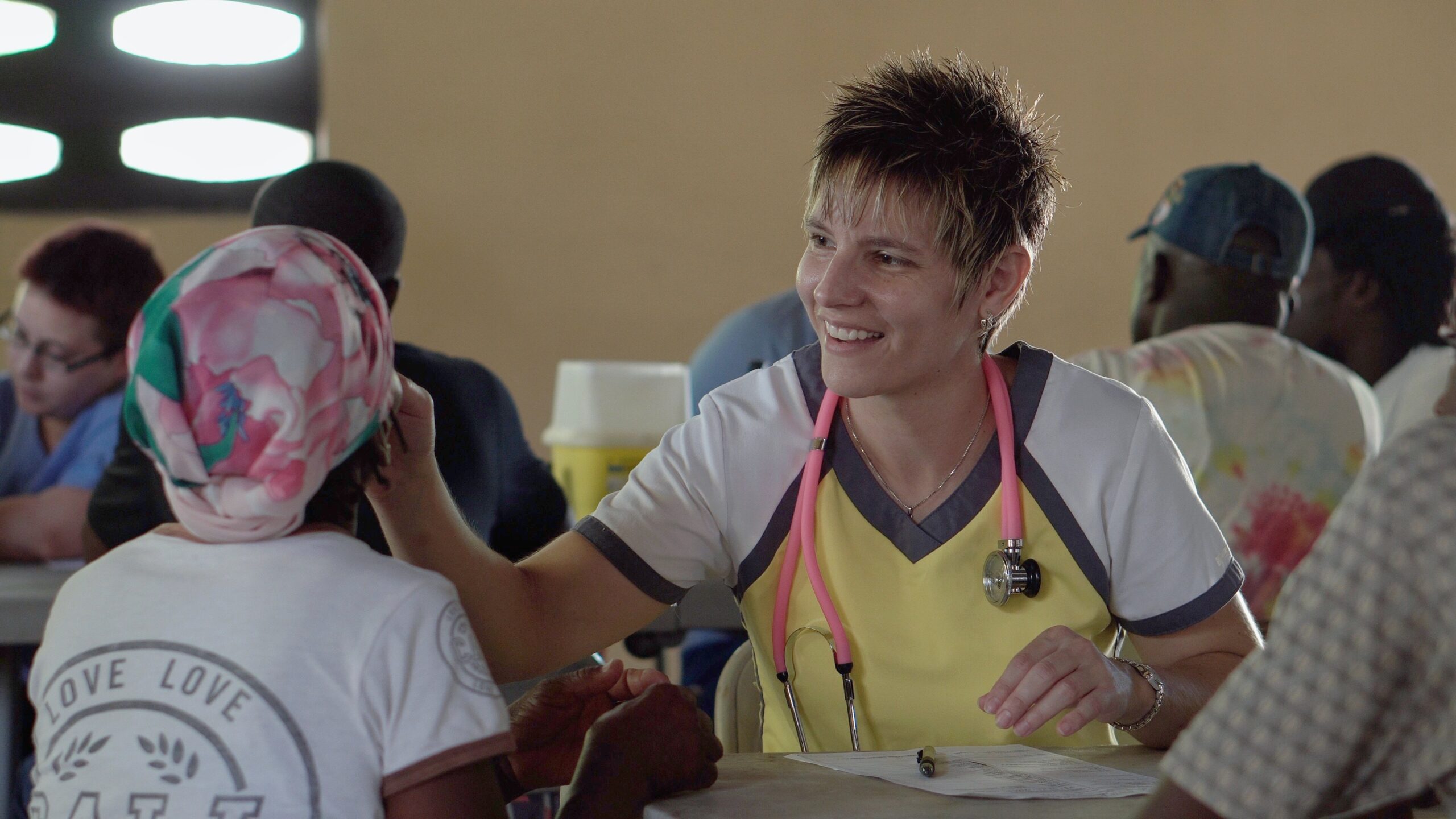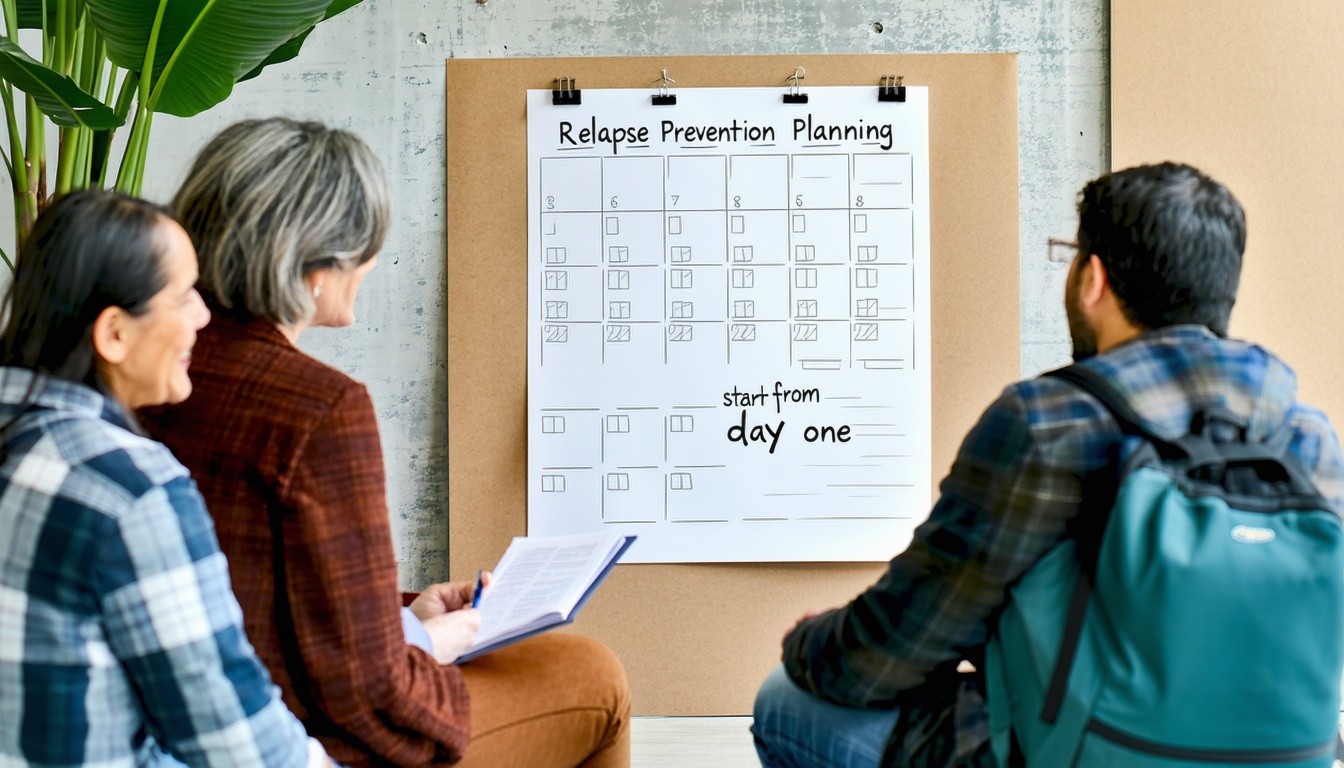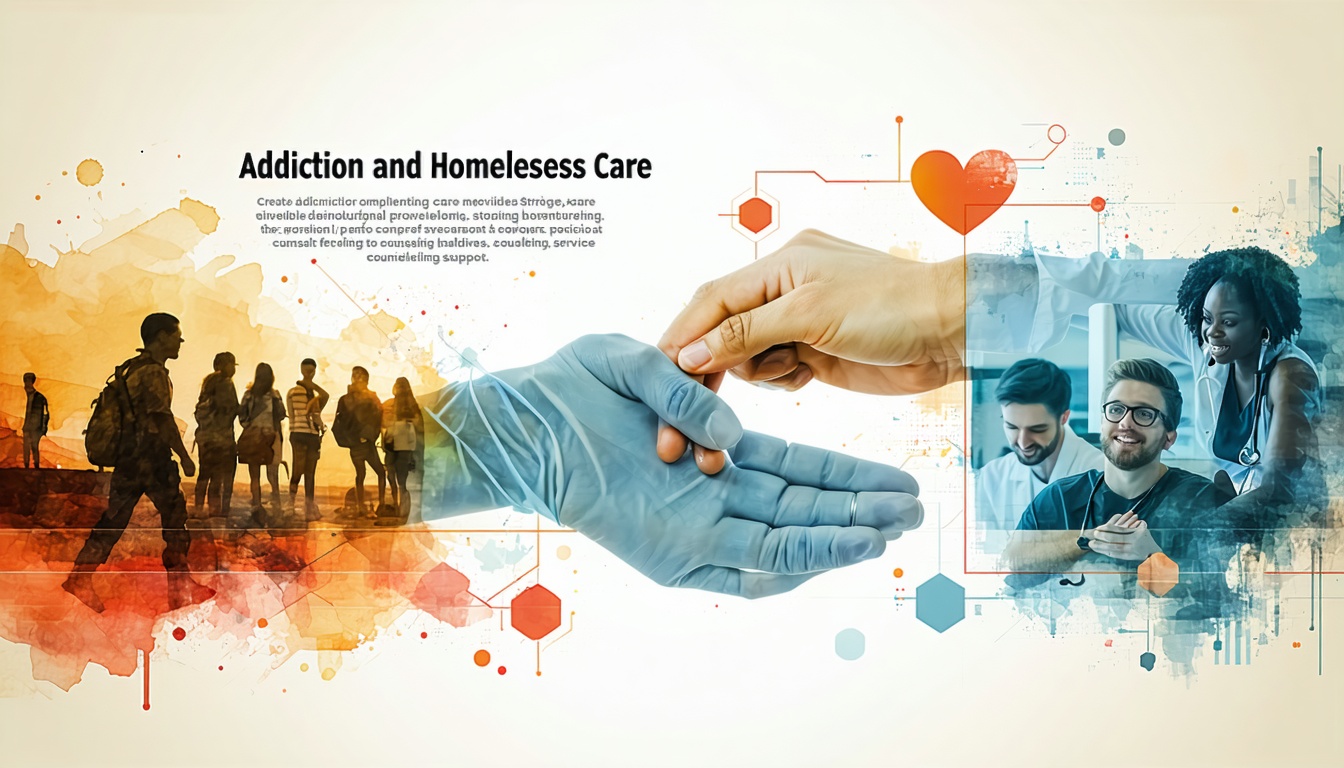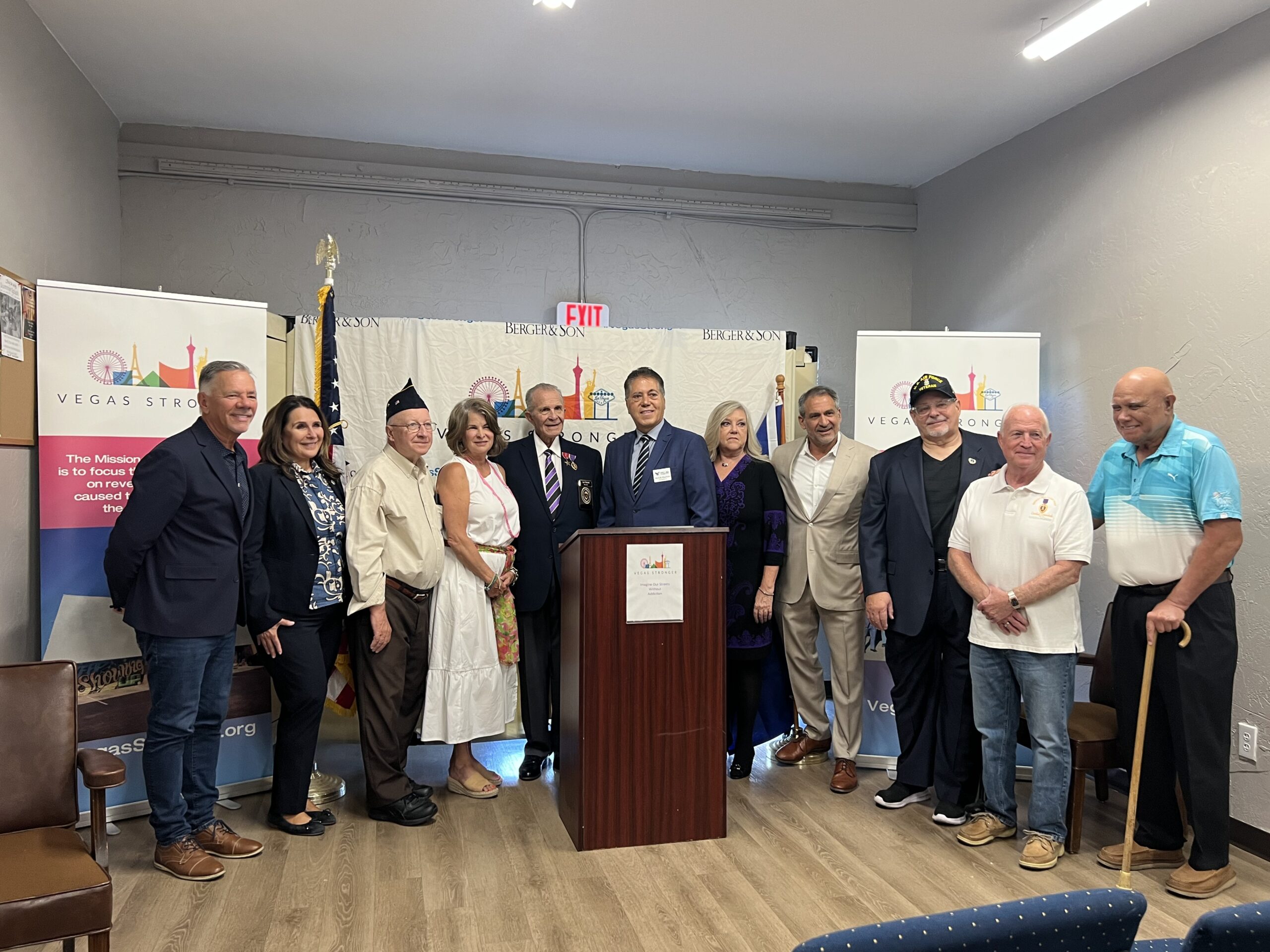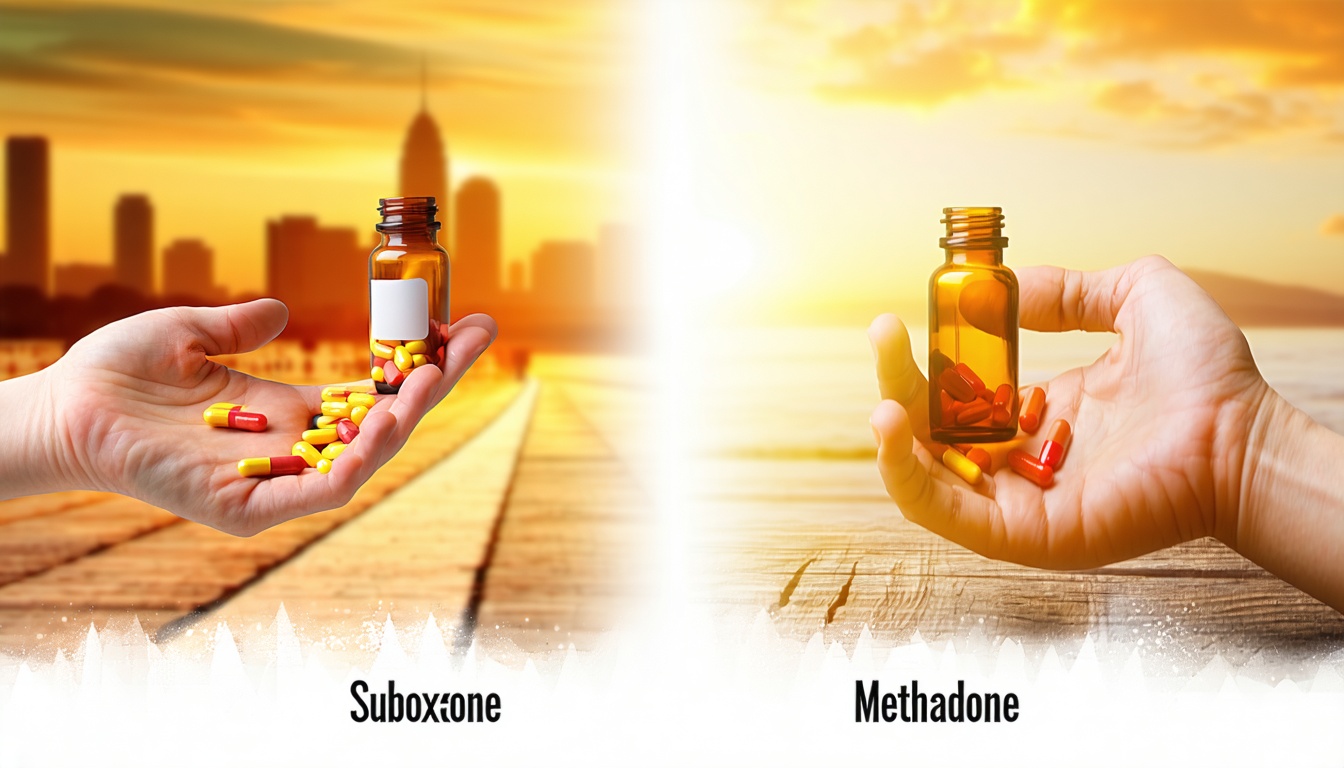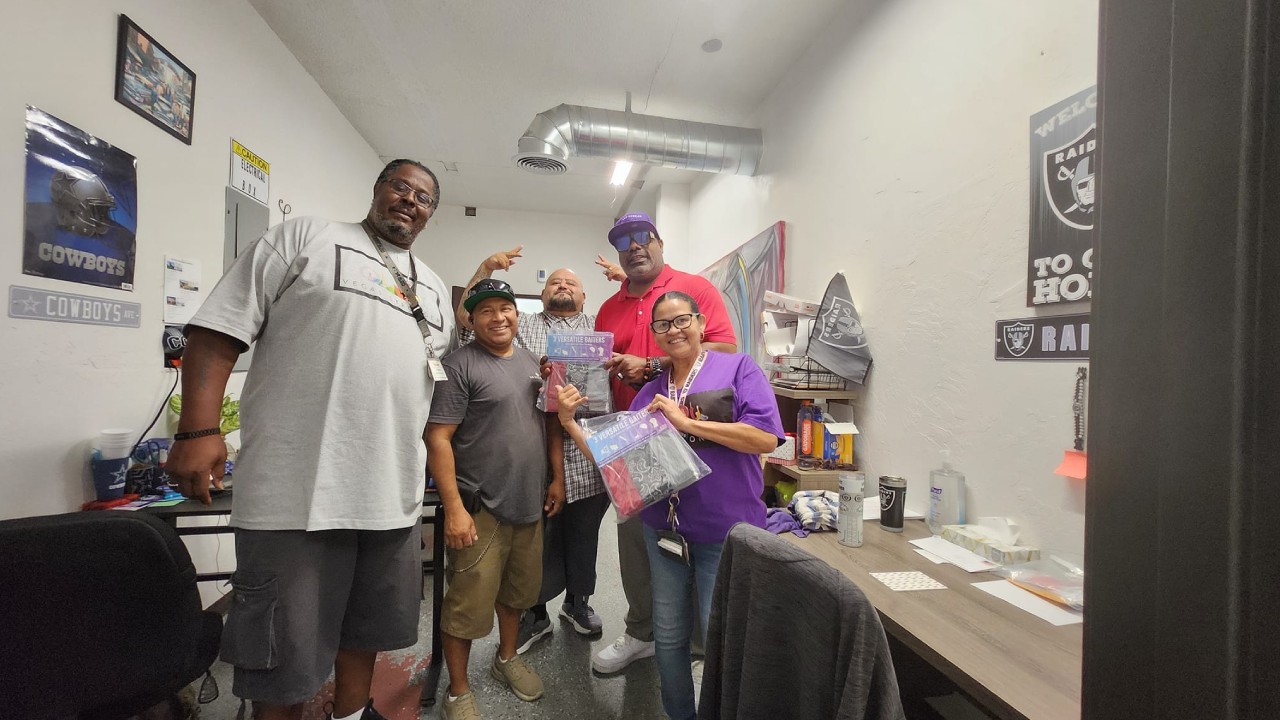Homelessness affects millions of people globally. Regardless of the cause, the reality is that individuals who find themselves homeless face significant hurdles. If you’re experiencing homelessness, are on the verge of homelessness, or know someone who is, continue reading to learn about available resources. Awareness of these resources can help advocates and those affected navigate the challenging path toward stability and security.
Housing Assistance Programs
- Emergency Shelters
Emergency shelters serve as a short-term solution for people and families in crisis in many communities. These facilities provide immediate shelter and necessities. The National Coalition for the Homeless maintains a directory of emergency shelters nationwide.
- Transitional Housing
Transitional housing programs offer temporary living arrangements. They often also provide supportive services like life skills training and employment assistance. The US Department of Housing and Urban Development (HUD) offers resources to locate transitional housing opportunities.
- Permanent Supportive Housing
For individuals experiencing chronic homelessness, especially those with disabilities or long-term health issues, permanent supportive housing (PSH) may be the most effective solution. It combines affordable housing assistance with supportive services. The National Alliance to End Homelessness is an excellent source of information on PSH.
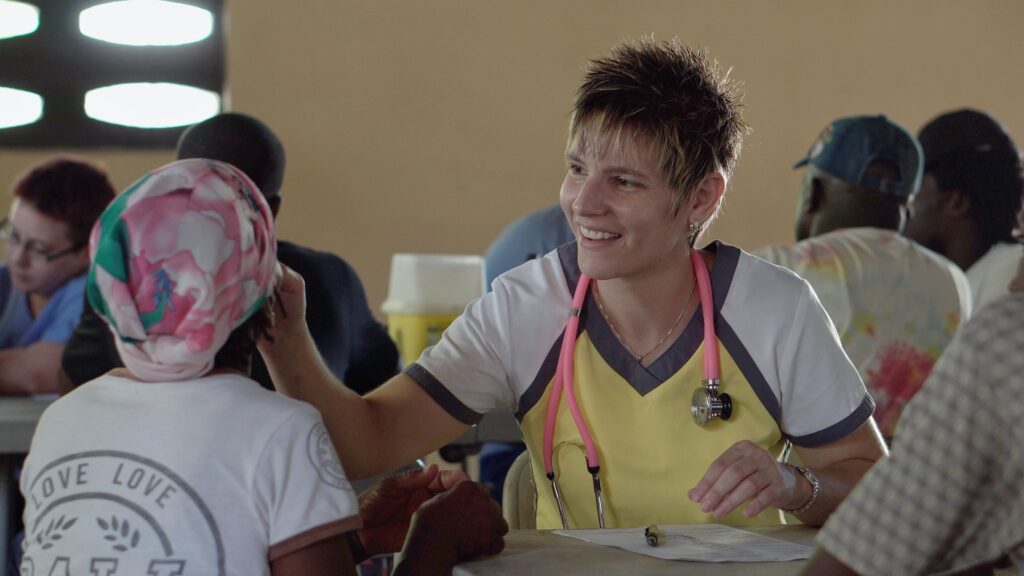
Healthcare Services
- Free Clinics
Free or low-cost clinics often provide medical, dental, and mental health services. The National Association of Free and Charitable Clinics has a directory of clinics.
- Mobile Health Clinics
Mobile health clinics provide medical care to those who need it most, often serving homeless populations. Organizations like Mobile Healthcare Association provide lists of mobile clinics nationwide.
Rehab Services
There’s a complex relationship between homelessness and addiction. As a result, many communities offer residential and outpatient treatment programs to help homeless individuals recover from addiction.
For example, the Vegas Stronger™ outpatient substance use disorder treatment program provides 4-12 months of intensive outpatient treatment. Counseling and 12-step meetings follow the initial program. In addition, Vegas Stronger™ ensures that participants have housing, and various other services, including employment transition and training and vitamin, nutrition, and fitness support.
Help Us Address the Homeless Crisis in Las Vegas With Evidence-Based Strategies
Check out Vegas Stronger™’s 11 steps to treating addiction and learn more about the drug rehab options and resources we provide.
If you encounter someone on the streets, please direct these individuals to the necessary treatment resources offered by Vegas Stronger™ to set them on a healing path. Your donation can help our most vulnerable individuals reclaim their lives and contribute to society.

